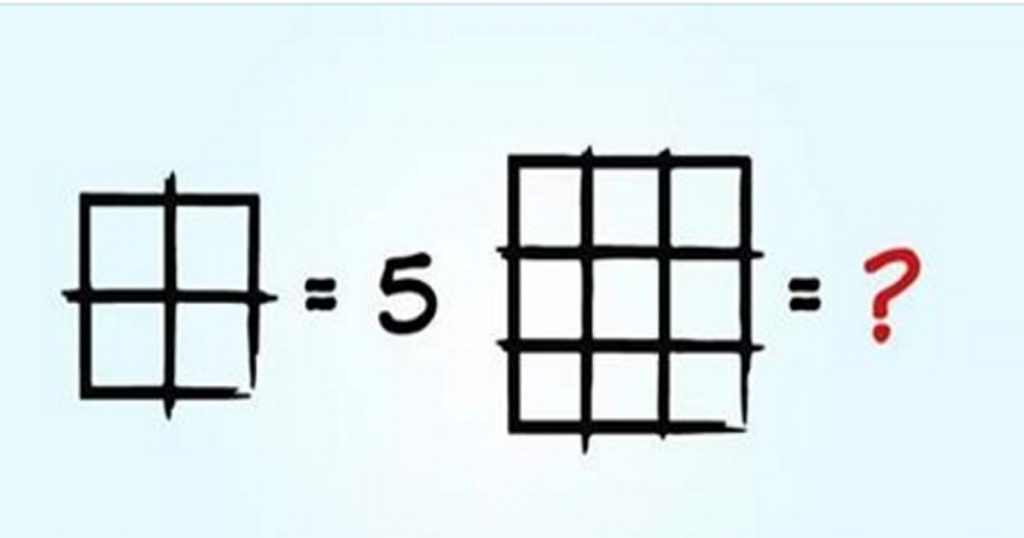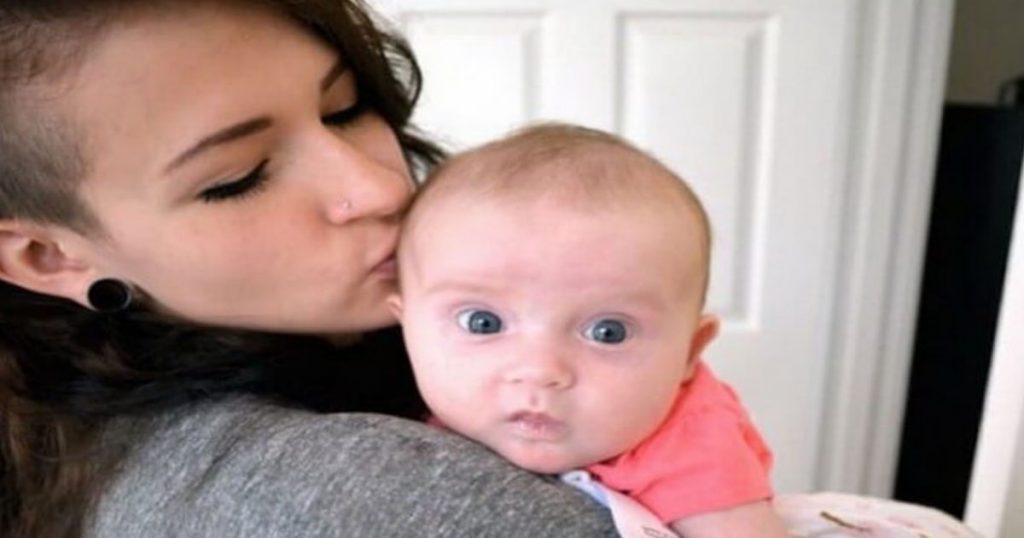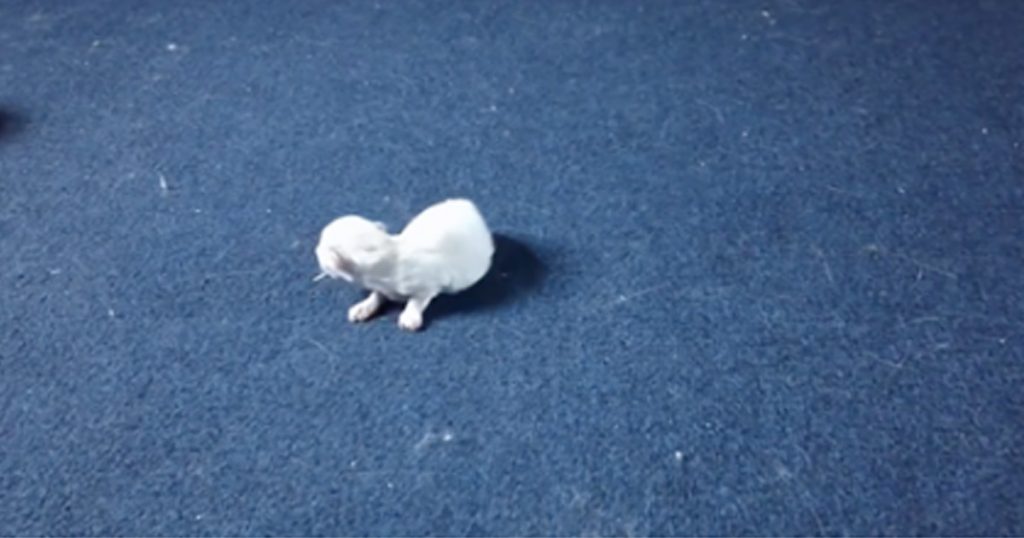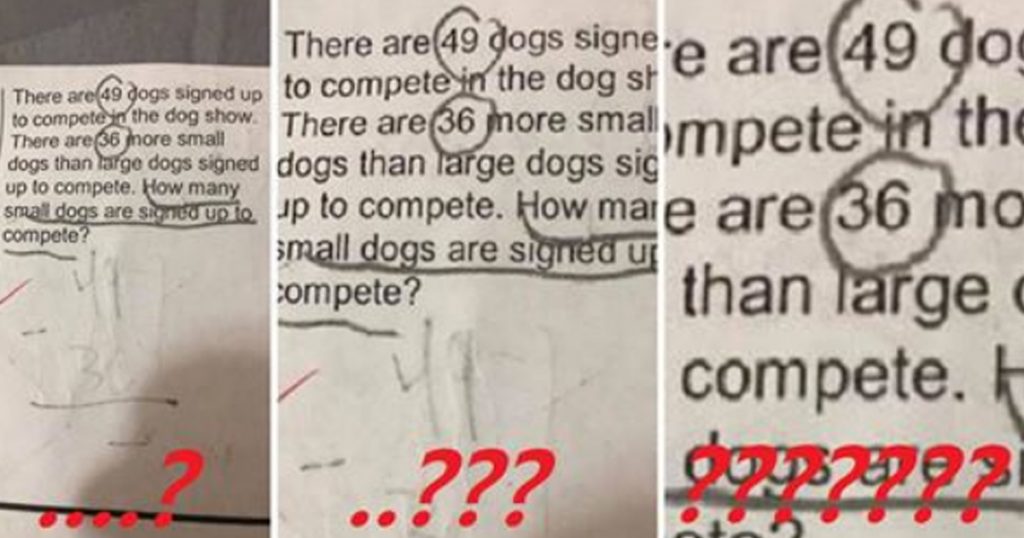Lying is an unavoidable part of being human. We have all done it, and we’ll continue to do it until the day we die. Sometimes it can be with the best of intentions, like protecting someone’s feelings, but often people lie to further their own interests.
But, no one is a good enough liar to do it all of the time. Even if you’ve got the best memory in the world, it’s only a matter of time before your fibs catch up with you. Whilst people can get a way with the odd white lie, bigger lies are harder to pull off.
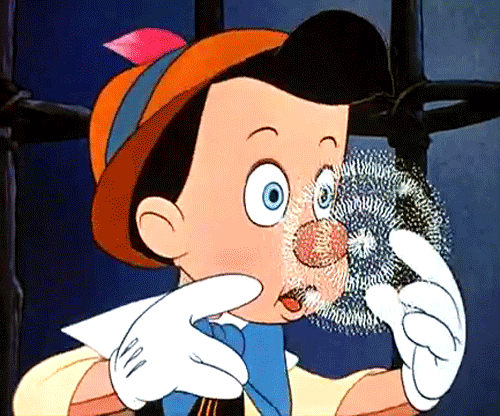
I try to be as honest as I can, even if that means admitting I’ve made a mistake instead of brushing it under the carpet. But, sadly when you’re a fairly honest person, you’re particularly susceptible to liars as you assume others have the same moral compass as you.
However, according to body language expert Lillian Glass, there’s 11 physical signs that we can use to tell if someone is lying. The truth is quite alarming…
1. A sudden change in head position
“The head will be retracted or jerked back, bowed down, or cocked or tilted to the side,” Glass revealed. This usually happens right before a person answers a question. So if you suspect someone isn’t being entirely honest, you can sense what they’re up to before they lie again.
2. Heavy breathing
Another indication that someone is lying is heavy breathing. “In essence, they are out of breath because their heart rate and blood flow change,” Glass said. “Your body experiences these types of changes when you’re nervous and feeling tense — when you lie.”

3. They are standing still
However, sometimes the signs that someone is lying can be a lot more subtle, and you can tell when a person is standing still. Glass revealed that it’s “a sign of the primitive neurological ‘fight,’ rather than the ‘flight,’ response, as the body positions and readies itself for possible confrontation. When you speak and engage in normal conversation, it is natural to move your body around in subtle, relaxed, and, for the most part, unconscious movements. So if you observe a rigid, catatonic stance devoid of movement, it is often a huge warning sign that something is off.”

4. Repetition
I think this is a sign that we’ve probably all unconsciously noticed at some point in our lives – repetition. According to Glass, liars often repeat themselves because “[they’re] trying to validate the lie in their mind.”
Some people are better liars than others. When a person gets caught lying and deny it, you can usually tell that something is up. When a guy stole my purse, I immediately confronted him. After he denied it, I tried to subtly take a picture of him, and he covered his face. Talk about guilty!
The difficult thing about lying successfully is that lies often involve more than one piece of information. If you don’t want to go to a party with a close friend, they might press you for extra details – like where you’ll be and who you’ll be with. Once liars pick up on this, they often give you too much information to begin with so that their story sounds more believable.
5. They’ll give you too much information
“When someone goes on and on and gives you too much information — information that is not requested and especially an excess of details — there is a very high probability that he or she is not telling you the truth. Liars often talk a lot because they are hoping that, with all their talking and seeming openness, others will believe them.”

6. Keep an eye on their mouth
“A telltale sign of lying is that a person will automatically put their hands over their mouth when they don’t want to deal with an issue or answer a question. When adults put their hands over their lips, it means they aren’t revealing everything, and they just don’t want to tell the truth. They are literally closing off communication.”
7. They’ll protect their vital parts
“I have often seen this in the courtroom when I work as a consultant for attorneys. I can always tell when someone’s testimony has hit a nerve with the defendant, when I see his or her hand covering the front of his/her throat. I never appreciated the potential use of this very telling behavior until I joined the FBI as a Special Agent.”

8. You should watch their feet too
Have you ever gotten nervous and started unconsciously moving your feet around? Well, that’s another sign of a liar. “This is the body taking over,” Glass said. “This is one of the key ways to detect a liar. Just look at their feet and you can tell a lot.”

I’ve had friends lie to me to protect my feelings, and, when they eventually told me the truth, I was glad that I never found out what really happened at the time. So if you suspect that this happening to you, it’s probably best to deliberately ignore these signs…
If someone tries to come up with a lie on the spot, it’s pretty easy to tell what they’re up to because they won’t be able to do it straight away. Have you ever caught someone cheating? I can guarantee you that they’ll have been lost for words to begin with.
9. They could be lost for words
“If you ever watch the videotaped interrogation of a suspect who is guilty, you will often observe that it becomes more and more difficult for her to speak. This occurs because the automatic nervous system decreases salivary flow during times of stress, which of course dries out the mucous membranes of the mouth.”

10. Watch their blinking
“[Bernie] Madoff, like most con men, overcompensated and stared at people longer than usual, often without blinking at regular intervals. When people tell the truth, most will occasionally shift their eyes around and may even look away from time to time. Liars, on the other hand, will use a cold, steady gaze to intimidate and control.”
11. They’ll point a lot…
“When a liar becomes hostile or defensive, he is attempting to turn the tables on you,” Glass revealed, and this is often reflected by them pointing their finger at you. Unfortunately, some people simply can’t admit when they’re in the wrong.

So there you have it – 11 physical signs that someone is lying to you. Have you ever caught someone out in this way before? And would you ever study someone’s body language to catch them lying? The latter it tricky questions to answer, and most likely depends on context.
This three-year-old is proof that chronic liars begin fostering their skills at an early age…

